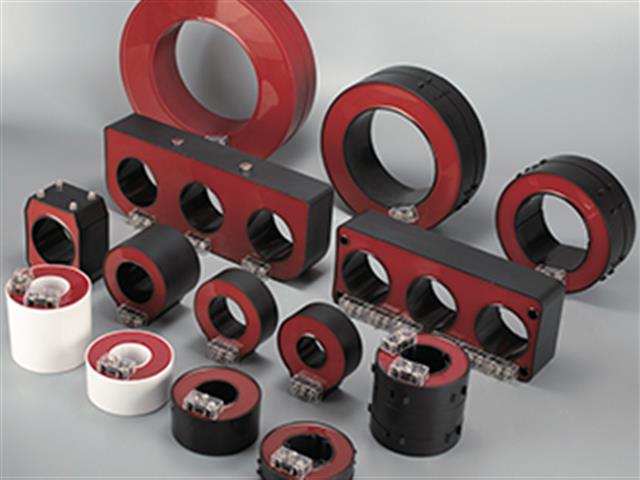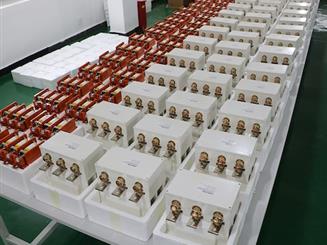𝑪𝒐𝒏𝒔𝒊𝒅𝒆𝒓𝒂𝒕𝒊𝒐𝒏𝒔 𝒇𝒐𝒓 𝑺𝒐𝒍𝒊𝒅 𝑺𝒕𝒂𝒕𝒆 𝑹𝒆𝒍𝒂𝒚𝒔 𝑺𝒆𝒍𝒆𝒄𝒕𝒊𝒐𝒏
✳️ When selecting a Solid State Relay, different allowances should be made in current ratings based on the nature of the load. For resistive loads, a 2-3 times higher load current can be selected. For inductive or capacitive loads, a 3-4 times higher load current can be selected.
✳️ Considering the relationship between load current and ambient temperature, if the ambient temperature is high or the heat dissipation conditions are poor, the current capacity should be increased. To prevent short circuits in the load circuit during use, it is required to connect a corresponding fast circuit breaker or fast fuse in series with this product.
✳️ For inductive loads, a varistor should be connected in parallel at the output to protect the thyristor from damage due to overvoltage. The selection of varistors (MOV) should be as follows: for 240V rating, select 430-470V; for 440V rating, select 680-750V; for 660V rating, select 1100-1200V. Alternatively, use AC overvoltage protectors produced by our company.
✳️ The input and output terminals are non-electrically isolated, so special attention should be paid to safety during use.
✳️ During installation, the contact surface between the heat sink and SSR relay must be flat and smooth. Apply a layer of thermal grease on its surface, and finally, tighten the screws with symmetrical flat washers and spring washers.


Solid State Relay, Direct Factory Price, Greegoo is your Best Choice!
Solid State Relay, Direct Factory Price, Greegoo is your Best Choice!
Read More
How to Choose the Right Medium Voltage Current Transformer: MV Bushing CT vs MV CT
MV Bushing CT vs MV CT: Comparison of Installation, Design, and Application Scenarios
Read More
SKKT SKKD SKKH series Thyristior Diode Modules
The SKKT, SKKH and SKKD series Thyristor Diode Modules offer excellent current carrying capacity and low conduction loss, significantly enhancing overall system efficiency.
Read More
GVC/EVC Series Low Voltage Medium Voltage Vacuum Starter Contactor: Advanced Solutions for Reliable Motor Control in Various Industries
The GVC type is suitable for AC systems with a frequency of 50Hz or 60Hz, a rated voltage of 1140V, 1.5KV, 2KV, 3.6KV and a rated current ranging from 63A to 3200A. The EVC type is suitable for AC systems with a frequency of 50Hz or 60Hz, a rated voltage of 7.2KV, 12KV, 24KV, 36KV, 40.5KV and a rated current ranging from 250A to 800A.
Read More













